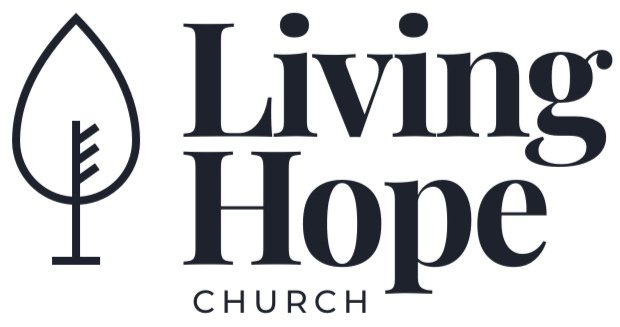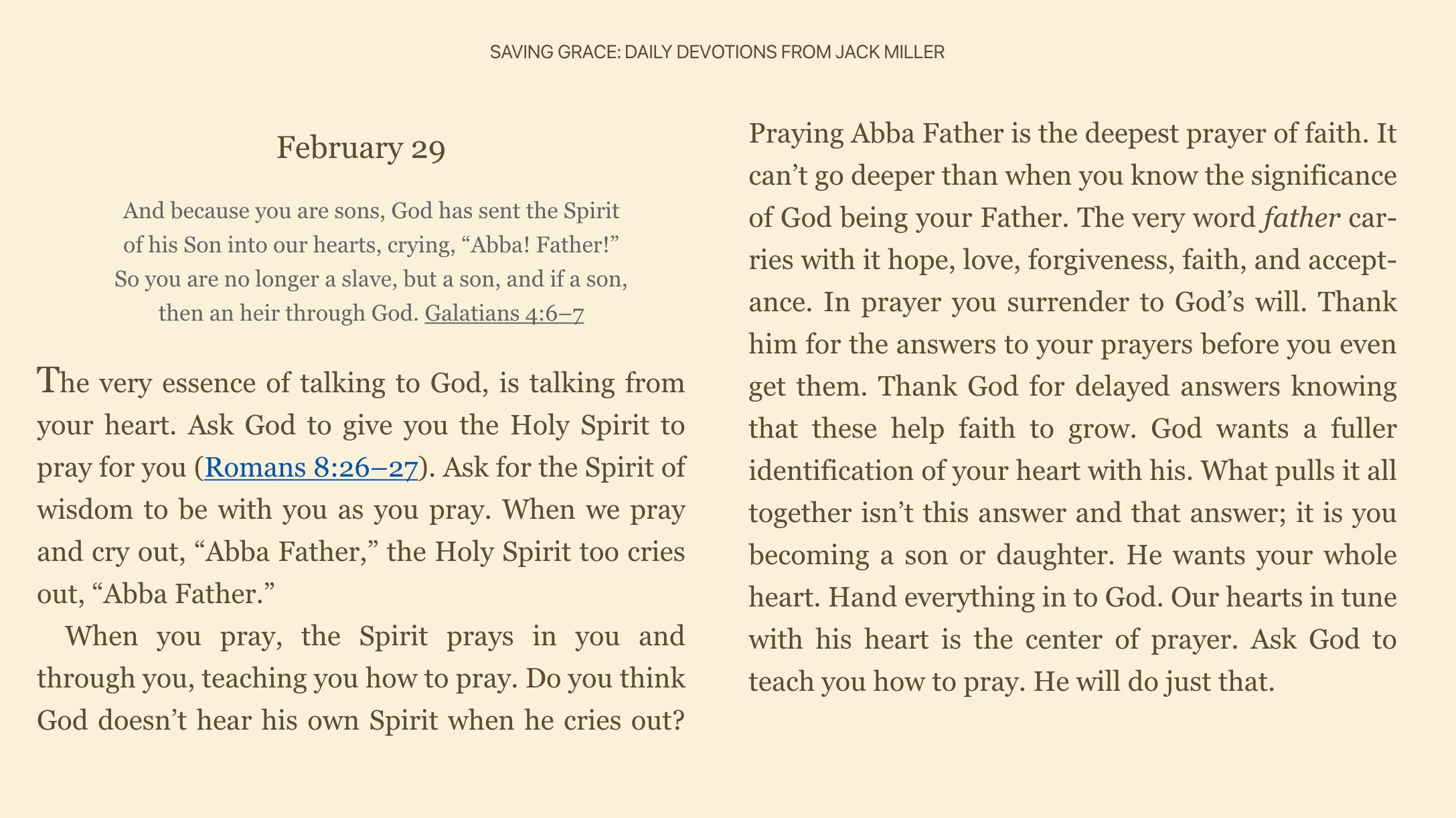Today is not a reflection on our reading, but an excerpt from Richard Sibbes. He reflects on how ugly and odious sin is. Also consider looking at the Westminster Larger Catechism Question 76.
“How to discern the ugliness of sin. 1. In what glass to look upon the ugly thing, sin, to make it more ugly unto us. Beloved, if we would conceive aright of sin, let us see it in the angels tumbled out of heaven, and reserved in chains of darkness for offending God, Jude 6; see it in the casting of Adam out of paradise, Gen. 3:23, 24, and all us in him; see it in the destruction of the old world, and the Jews carried to captivity, in the general destruction of Jerusalem, &c. But if you would indeed see the most ugly colours of sin, then see it in Christ upon the cross, see how many sighs and groans it cost him, how bitter a thing it was to his righteous soul, forcing him to weep tears of blood, and send forth strong cries to his Father, ‘My God, my God, why hast thou forsaken me?’ If sin but imputed to Christ our surety, so affected him that was God-man, and lay so heavy upon his soul, what will it do to those that are not in Christ? Certainly, the wrath of God must needs burn to hell; he will be a ‘consuming fire,’ Heb. 12:29, to all such. See sin therefore chiefly in the death of Christ. How odious it is to God, that it could be no otherwise purged away than by the death of his beloved Son. All the angels in heaven, and all the creatures in the world could not satisfy divine justice for the least sin. If all the agonies of all creatures were put into one, it were nothing to Christ’s agony; if all their sufferings were put into one, they could not make satisfaction to divine justice for the least sin. Sin is another manner of matter than we take it to be. See the attributes of God, his anger against it, his justice and holiness, &c. Beloved, men forget this. They think God is angry against sin indeed, but yet his justice is soon satisfied in Christ. Oh, we must think of the Almighty as a holy God, separated from all stain and pollution of sin whatsoever, and so holy that he enforced a separation of his favour from Christ, for becoming our surety, and Christ underwent a separation from his Father, because he undertook for us. So odious is sin to the holy nature of God, that he left his Son while he struggled with his wrath for it; and so odious was sin to the holy nature of Christ, that he became thus a sacrifice for the same. And so odious are the remainders of sin in the hearts of the saints, that all that belong to God have the Spirit of Christ, which is as fire to consume and waste the old Adam by little and little out of them. ‘No unclean thing must enter into heaven,’ Rev. 21:27. Those that are not in Christ by faith, that have not a shelter in him, must suffer for their transgressions eternally, ‘Depart, ye cursed, into everlasting fire,’ Mat. 25:41; so holy is God that he can have no society and fellowship with sinners.”
Sibbes, R. (1862). The Complete Works of Richard Sibbes (A. B. Grosart, Ed.; Vol. 1, pp. 358–359). James Nichol; James Nisbet and Co.; W. Robertson.




